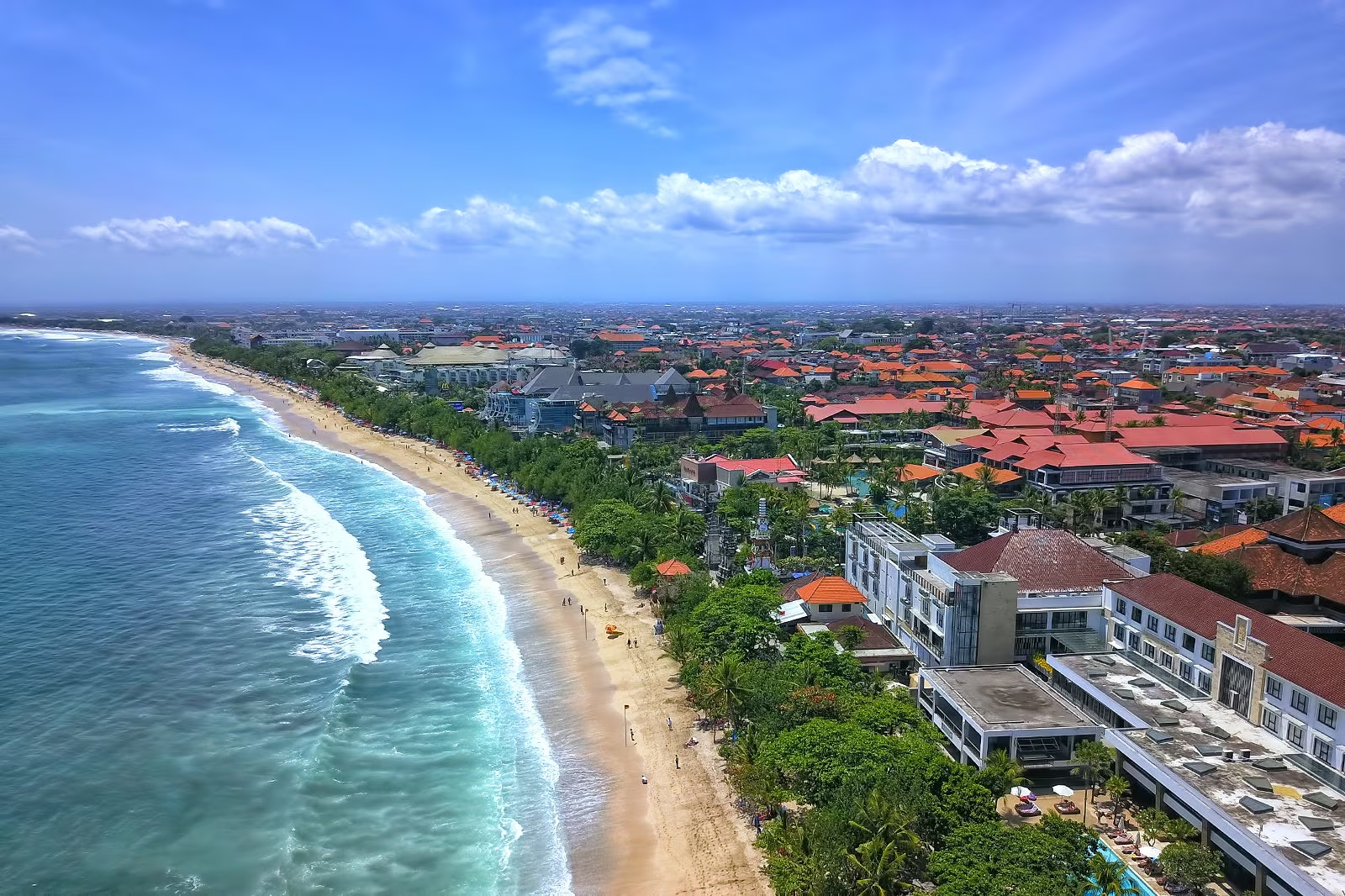As 2025 unfolds, the travel landscape is experiencing notable shifts influenced by economic factors, evolving traveler preferences, and emerging destinations. Here’s an overview of the current trends, popular hotspots, and insights into trip and lodging costs.
Rising Travel Costs
Travel expenditures have seen a significant uptick. The average trip cost in 2025 is projected at $7,249, marking a 24% increase from 2024. This surge is attributed to higher prices in accommodations, recreational activities, and dining.
Traveler Adaptations
In response to escalating costs, travelers are adjusting their plans:
- Reduced Trip Frequency: Approximately 72% of travelers intend to take only one or two trips this year, a rise from 48% in 2024.
- Emphasis on Value: There’s a growing trend toward seeking destinations that offer rich experiences without straining budgets.
Emerging Travel Trends
Several key trends are shaping the 2025 travel scene:
- Slow Travel: A focus on immersive experiences in single destinations is gaining traction, with 62% of travelers finding such trips reduce stress and enhance connections with companions.
- Alternative Destinations: To counteract overcrowding and high costs in popular spots, travelers are exploring lesser-known locales that provide similar experiences.
- Wellness Tourism: Trips centered around mental and physical well-being are on the rise, with activities like thermal spa visits and wellness retreats becoming more popular.
Top Destinations and Costs
Based on current trends, here are some of the most sought-after destinations for 2025, along with average costs:
Algarve, Portugal
Renowned for its stunning beaches and affordability, the Algarve has been named the best-value holiday destination for 2025. The average cost of eight essential items, including meals and drinks, is approximately £58.95.

Cape Town, South Africa
Offering a rich blend of natural beauty and cultural experiences, Cape Town ranks as the second most affordable destination. While airfare may be higher, local costs are relatively low.

Tokyo, Japan
A city where tradition meets modernity, Tokyo offers unique experiences. Despite its reputation for being pricey, it has emerged as a value destination in recent analyses.

Kuta, Bali
Known for its vibrant nightlife and surfing spots, Kuta remains an affordable paradise for many travelers. 
Delhi, India
Rich in history and culture, Delhi offers an immersive experience without breaking the bank. 
Money-Saving Tips
To maximize travel budgets in 2025:
- Flexible Planning: Being adaptable with travel dates can lead to significant savings.
- Advance Bookings: Securing flights and accommodations well in advance often results in better rates.
- Alternative Accommodations: Considering options like vacation rentals or hostels can reduce lodging expenses.
While 2025 presents challenges with rising travel costs, informed planning and openness to emerging trends and destinations can lead to fulfilling and budget-friendly journeys.
The lodging industry in 2025 is undergoing significant transformations, driven by technological advancements, evolving traveler preferences, and a heightened focus on sustainability. Key trends shaping the hospitality landscape include:
1. Personalized Guest Experiences
Hotels are leveraging artificial intelligence (AI) and data analytics to tailor services to individual guest preferences. This personalization encompasses customized dining options, activity recommendations, and room amenities, enhancing guest satisfaction and fostering loyalty.
2. Integration of Contactless Technologies
The adoption of contactless solutions has become widespread, offering guests seamless experiences through mobile check-ins, digital keys, and app-based service requests. Approximately 73% of travelers now prefer contactless options, prompting hotels to implement these technologies to meet modern guest expectations.
3. Commitment to Sustainability
Eco-conscious practices are at the forefront of hospitality strategies. Initiatives such as reducing single-use plastics, implementing energy-efficient systems, and sourcing local products appeal to environmentally aware travelers and contribute to cost reductions.
4. Expansion of Wellness Amenities
Responding to a growing interest in health and well-being, hotels are incorporating wellness offerings like yoga classes, spa services, and sleep-enhancing room features. This focus caters to health-conscious guests seeking restorative experiences during their stays.
5. Flexible Booking Policies
In an era of unpredictability, flexible booking and cancellation policies have become standard. Hotels offering adaptable options build trust with guests, encouraging direct bookings and accommodating changing travel plans.
6. Unbundled Services
The trend of unbundling allows guests to pay solely for services they utilize, such as housekeeping or breakfast. This customization empowers guests to tailor their experiences and manage costs effectively.
7. Utilization of Multi-Functional Spaces
Hotels are transforming common areas into revenue-generating spaces by offering co-working environments, event venues, and wellness zones. This strategy attracts both guests and local clientele, maximizing property usage.
8. Catering to Remote Workers
With the rise of remote work, hotels are adapting by providing high-speed internet, comfortable workspaces, and amenities conducive to productivity, appealing to digital nomads and business travelers alike.
9. Enhanced Digital Guest Journeys
The shift toward digitalization encompasses the entire guest experience, from booking to service requests, managed via smartphones. This approach streamlines interactions and aligns with the preferences of tech-savvy travelers.
10. Growth of Luxury All-Inclusive Resorts
Major hotel chains are expanding luxury all-inclusive offerings, particularly in Europe, to meet the demand for stress-free and cost-predictable vacations. These resorts provide comprehensive services, including premium dining and activities, catering to affluent travelers seeking convenience and value.
11. Resurgence of Corporate Retreats
As remote work becomes more prevalent, companies are investing in corporate retreats and industry conferences to foster team cohesion. This trend has boosted the hotel industry’s group travel sector, with a 6.8% revenue increase in the first eight months of 2024 compared to the same period in 2023. citeturn0news14
Collectively, these trends reflect a lodging industry that is increasingly adaptive, guest-centric, and innovative, aiming to provide personalized, sustainable, and technologically integrated experiences.



Comments are closed